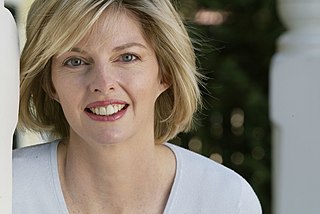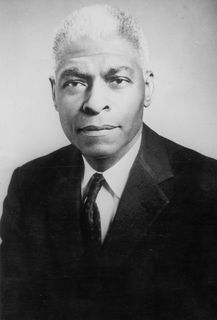A Quote by Juvenal
Refrain from doing ill; for one all powerful reason, lest our children should copy our misdeeds; we are all too prone to imitate whatever is base and depraved.
Related Quotes
Sometimes when I talk to little children I remind them of the fact that when I was growing up myself, I used to play with frog eggs and tadpoles and I used to walk in the field, I used to literally copy whatever my mother was doing on the land. And that may be the reason why I eventually developed the passion for green and for the Earth. So it is extremely important for adults and especially those who are in charge of cities to make sure that we do not lose touch with the land and with the environment. And especially our children.
If we wish to imitate the physical sciences, we must not imitate them in their contemporary, most developed form; we must imitate them in their historical youth, when their state of development was comparable to our own at the present time. Otherwise we should behave like boys who try to copy the imposing manners of full-grown men without understanding their raison d' être, also without seeing that in development one cannot jump over intermediate and preliminary phases.
Prostrate on earth the bleeding warrior lies,
And Isr'el's beauty on the mountains dies.
How are the mighty fallen!
Hush'd be my sorrow, gently fall my tears,
Lest my sad tale should reach the alien's ears:
Bid Fame be dumb, and tremble to proclaim
In heathen Gath, or Ascalon, our shame
Lest proud Philistia, lest our haughty foe,
With impious scorn insult our solemn woe.
So long as we insist upon defining our identities only in terms of our work, so long as we try to blind ourselves to the needs of our children and harden our hearts against them, we will continue to feel torn, dissatisfied, and exhausted…. The guilt we feel for neglecting our children is a byproduct of our love for them. It keeps us from straying too far from them, for too long. Their cry should be more compelling than the call from the office.
And when someone suggests you believe in a proposition, you must first examine it to see whether it is acceptable, because our reason was created by God, and whatever pleases our reason can but please divine reason, of which, for that matter, we know only what we infer from the processes of our own reason by analogy and often by negation.





































